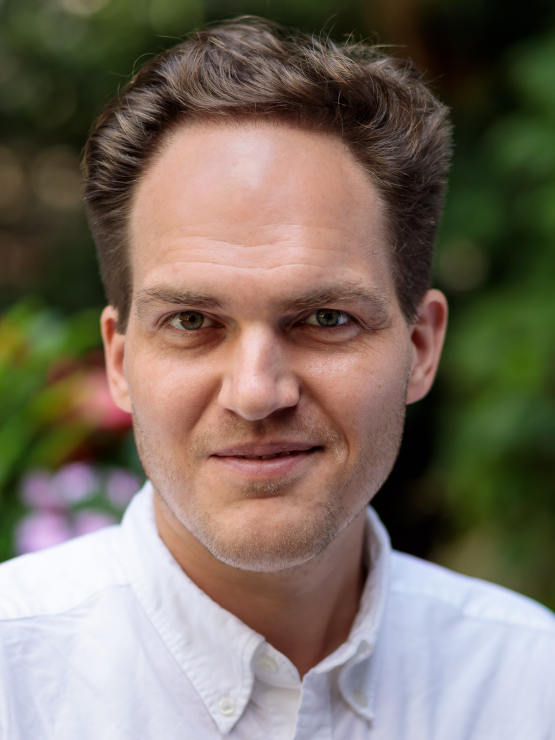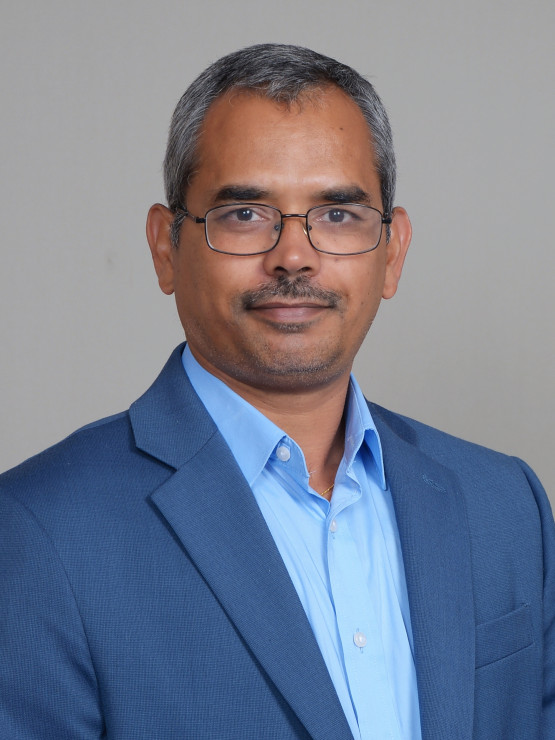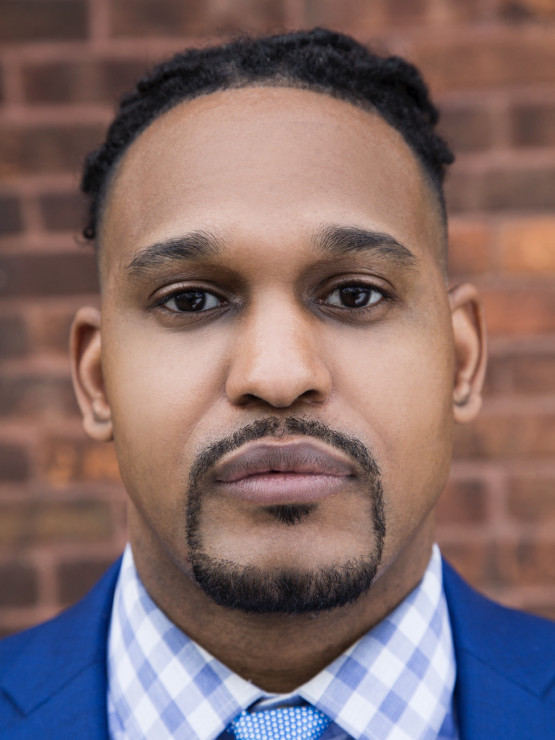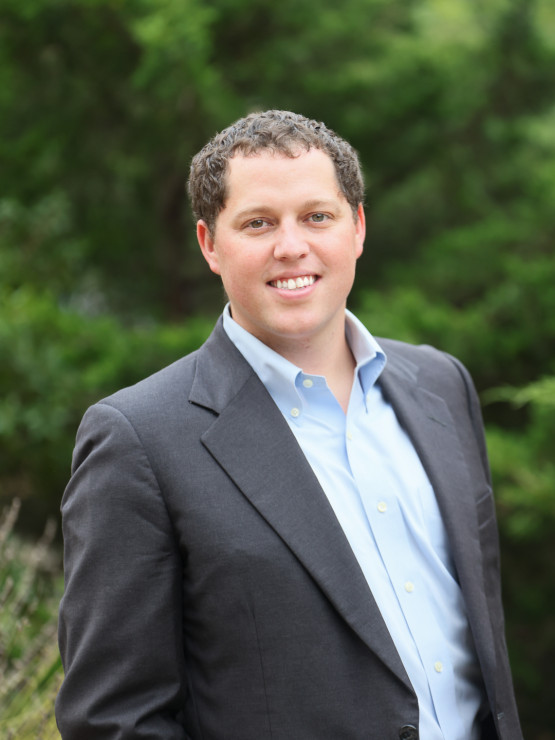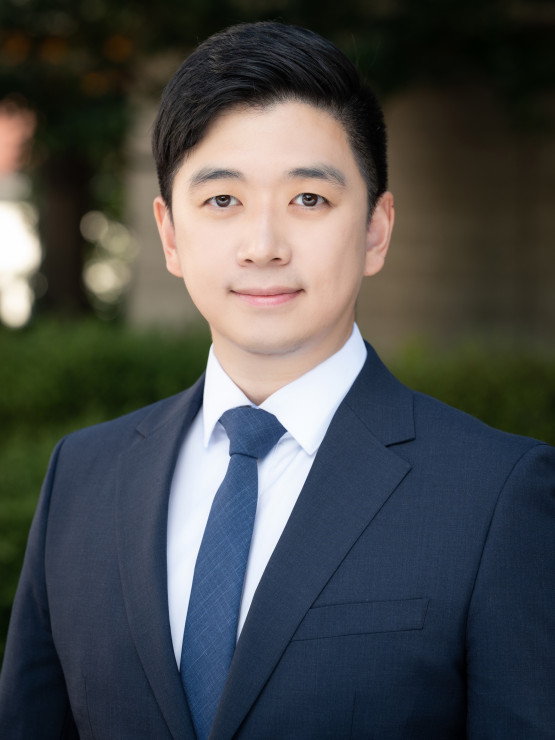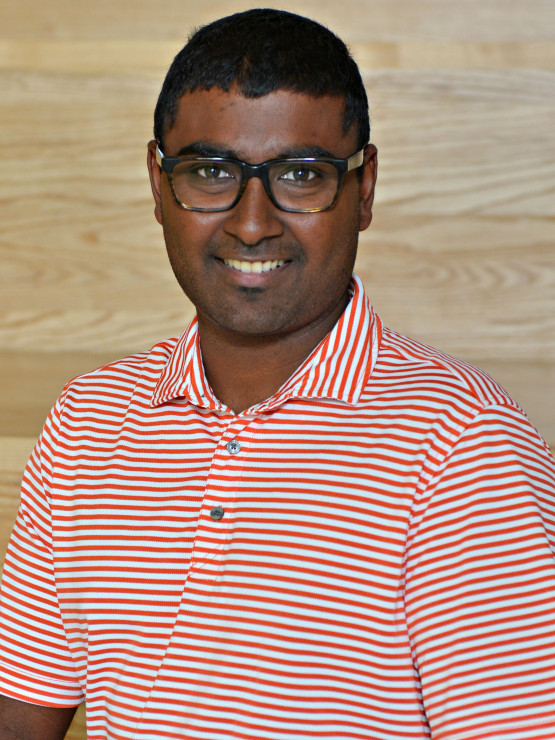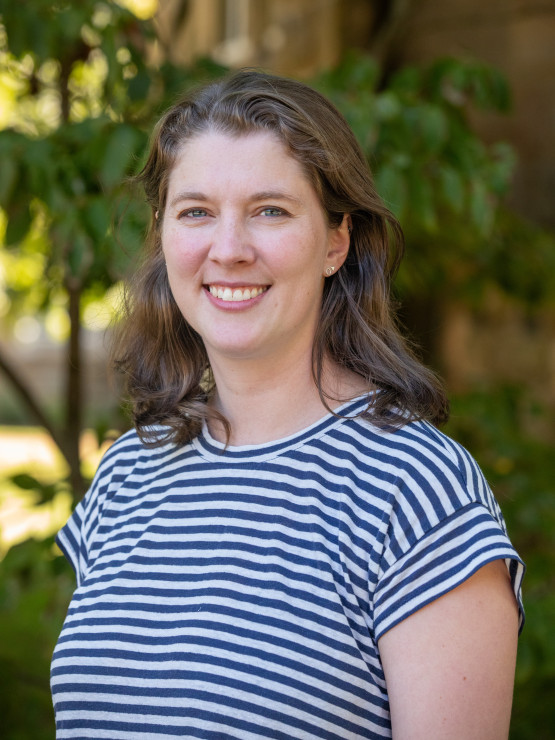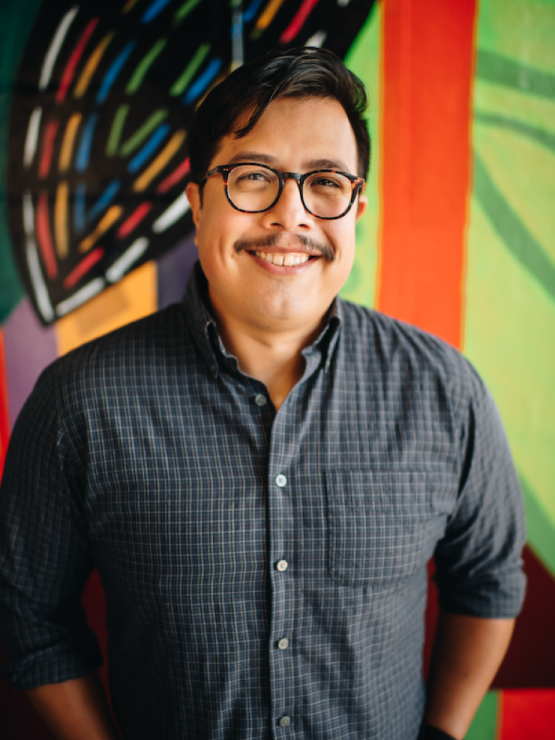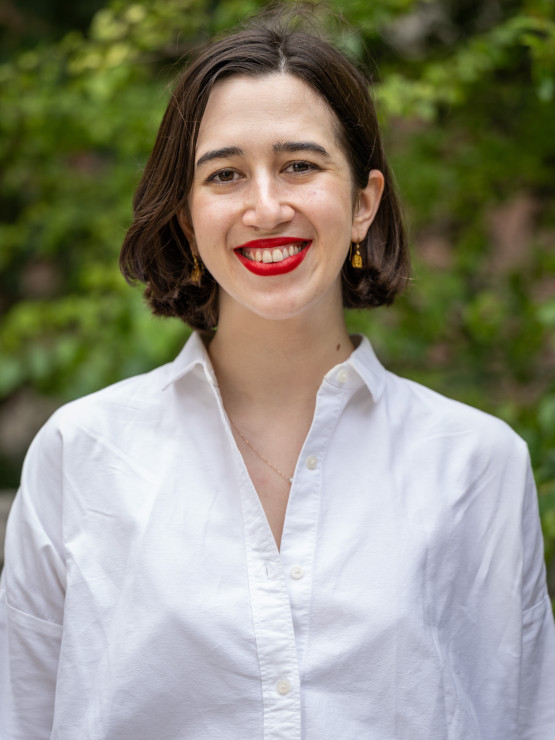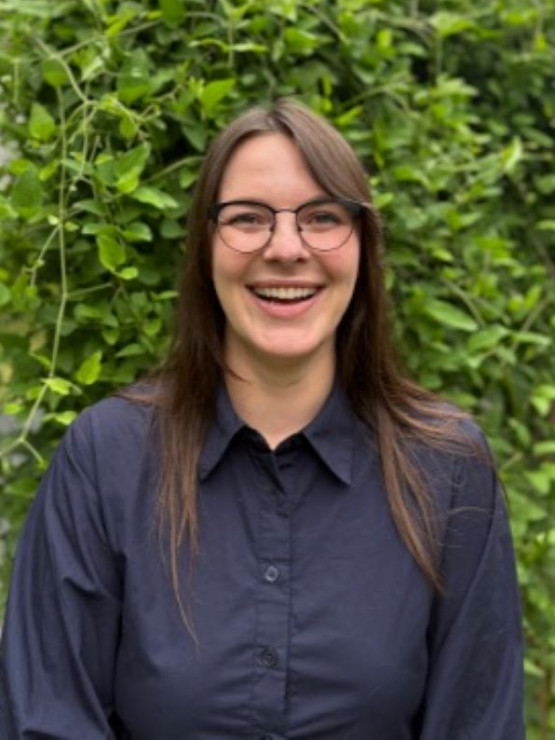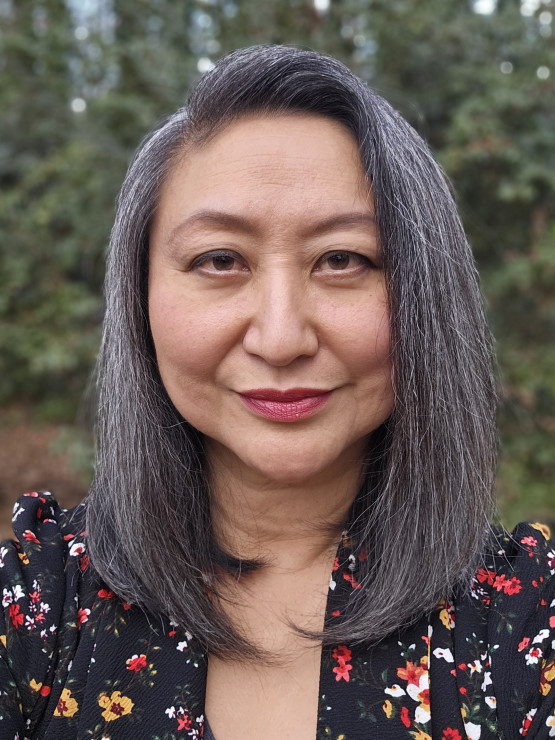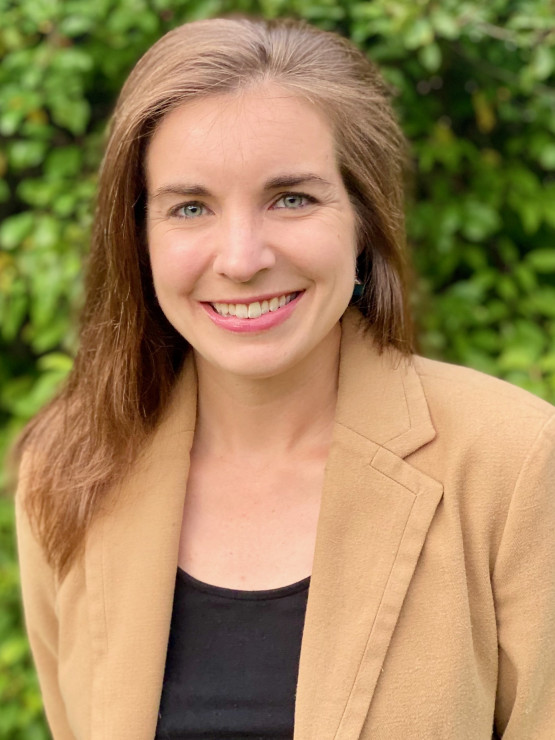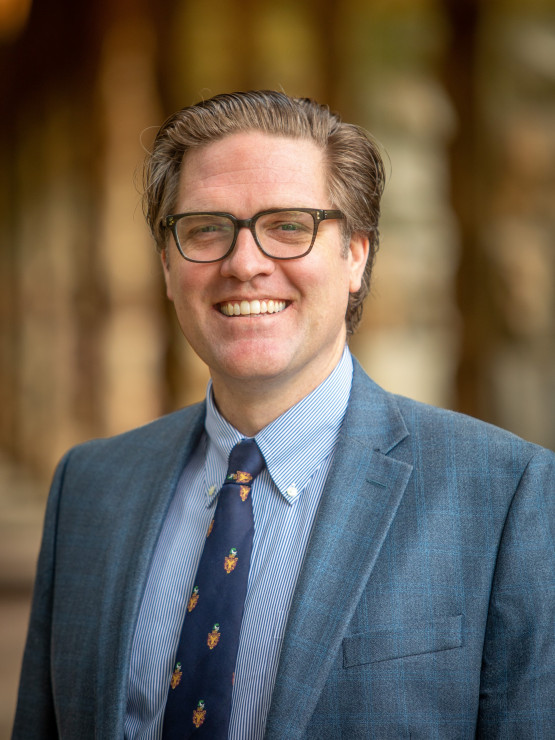Geoffrey Harris Ward is an organist and conductor who has served in Canadian and American churches, including as Healey Willan Organ Scholar at The Church of Saint Mary Magdalene (Toronto). He has held positions in the Episcopal, United Church of Christ, Presbyterian (Canada), and Catholic traditions, and was Artistic Director of the Memphis BoyChoir, Inc. for ten years. He has conducted children’s choir festivals in Arkansas and Tennessee, worked with the CREDO Episcopal Convocation, and performed recitals across the United States, Canada, Scandinavia, the Netherlands, and the United Kingdom. In summer 2025, he presented a solo recital at Westminster Abbey, London.
Ward has served as University Organist and Choirmaster at the University of the South (Sewanee) since 2016, where he is also on the music faculty teaching organ, conducting, church music, and history. Under his leadership, the University Choir has grown from 40 to over 70 members and toured the U.S., Canada, England, and Ireland.
A native of Brampton, Ontario, Ward earned diplomas in piano performance (A.R.C.T., Royal Conservatory of Music) and bachelor’s degrees in trumpet performance (B.M.) and music education (B.M.E.) at Mount Allison University. He completed his M.M. in conducting at Arizona State University and D.M.A. in organ performance and church music at the University of Kansas. He is Board President of the Sewanee Church Music Conference and a member of the Association of Anglican Musicians and the American Guild of Organists.
